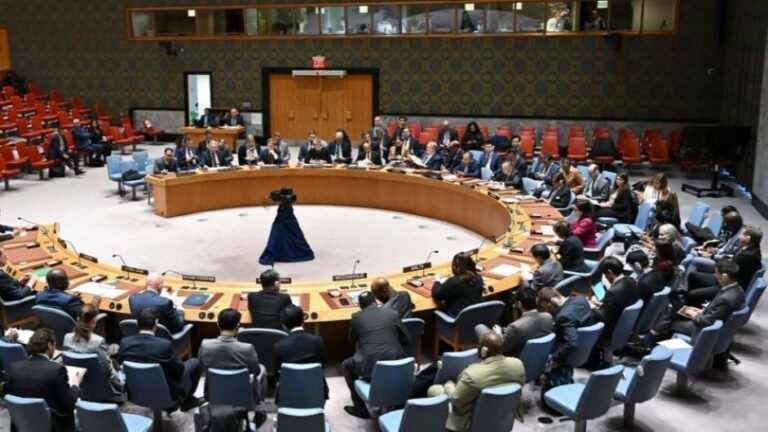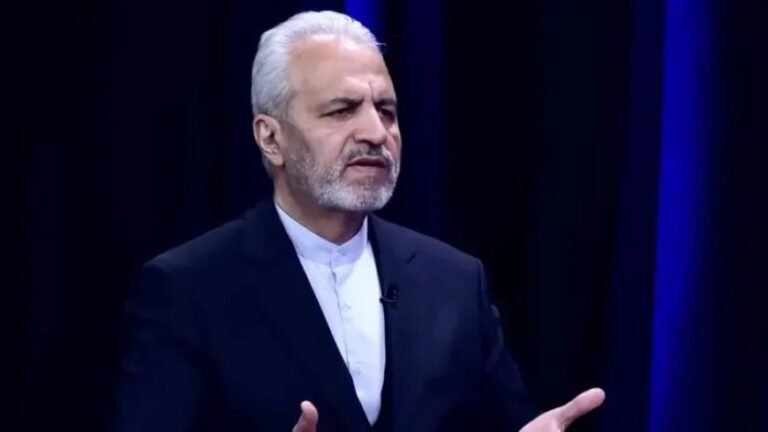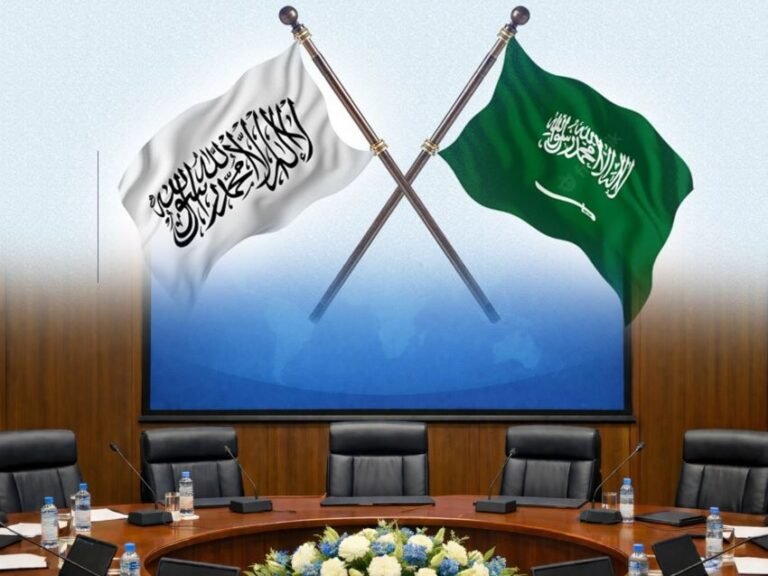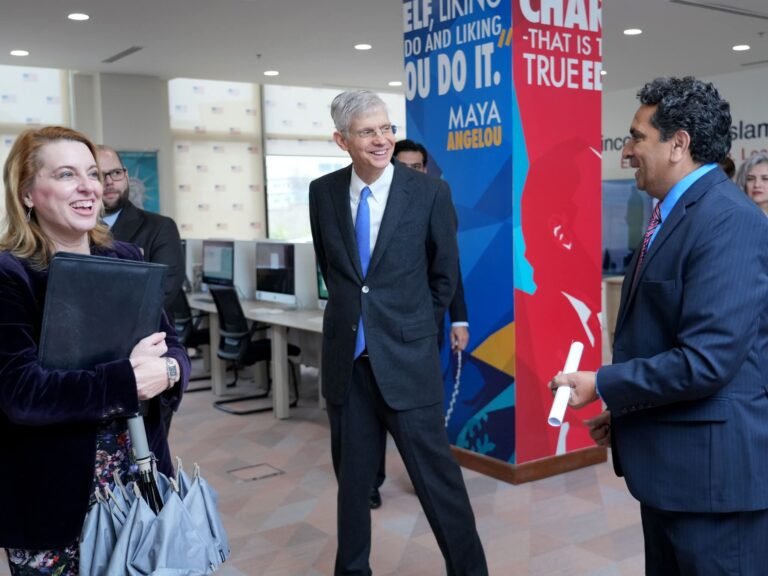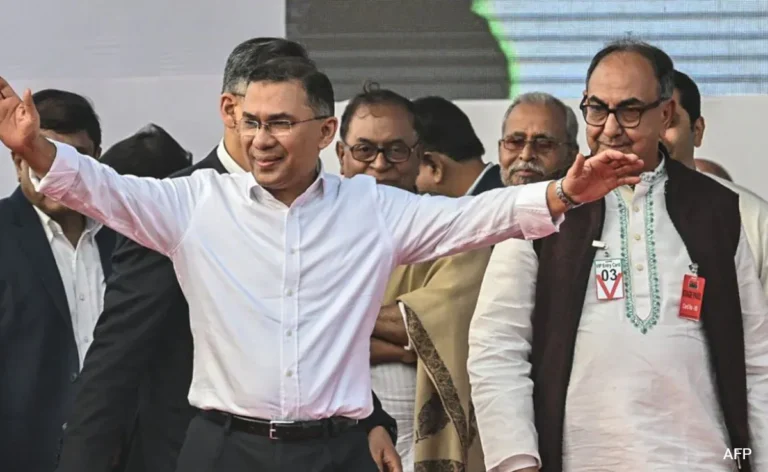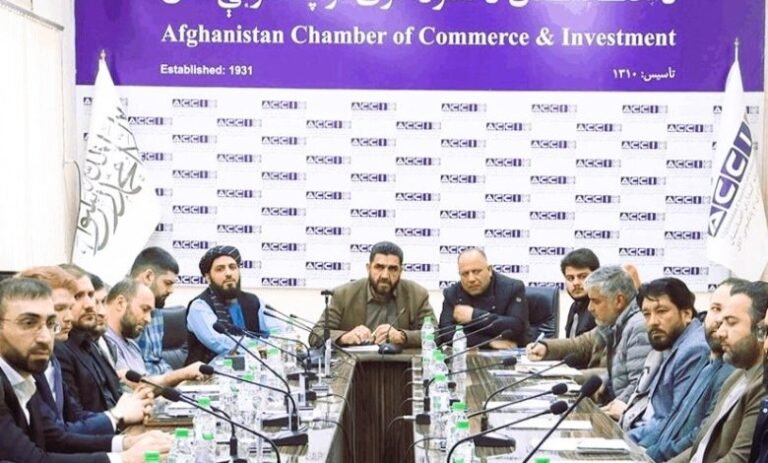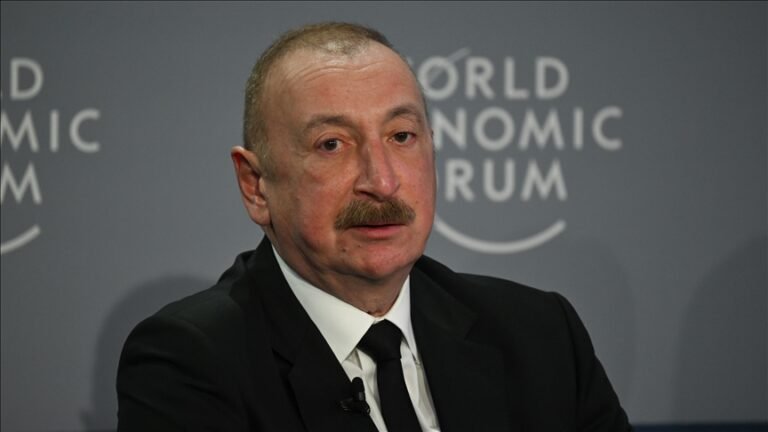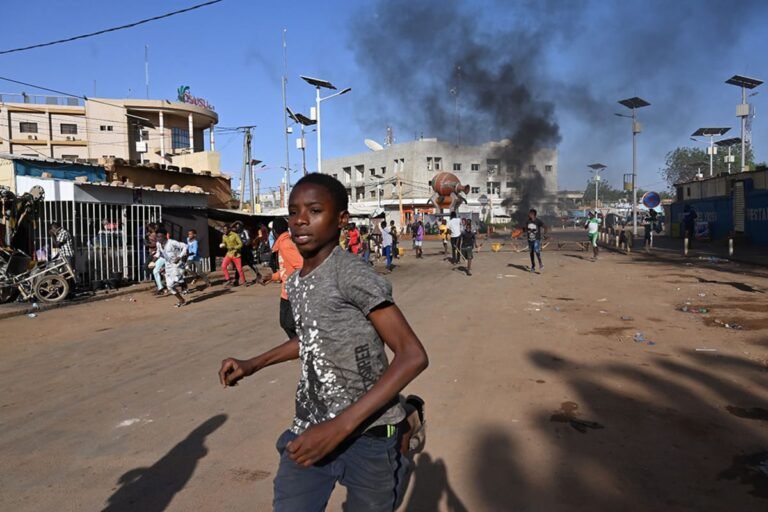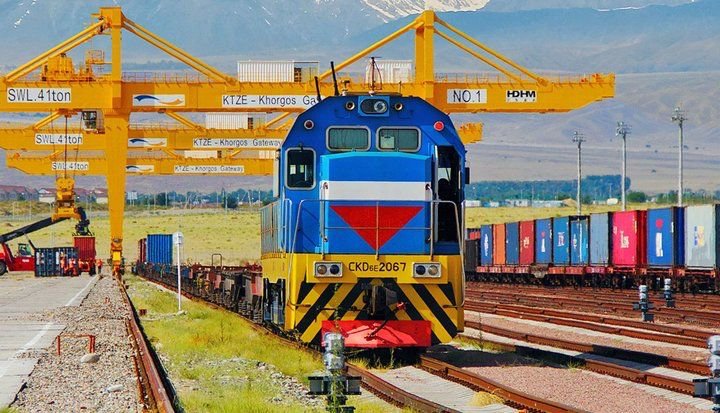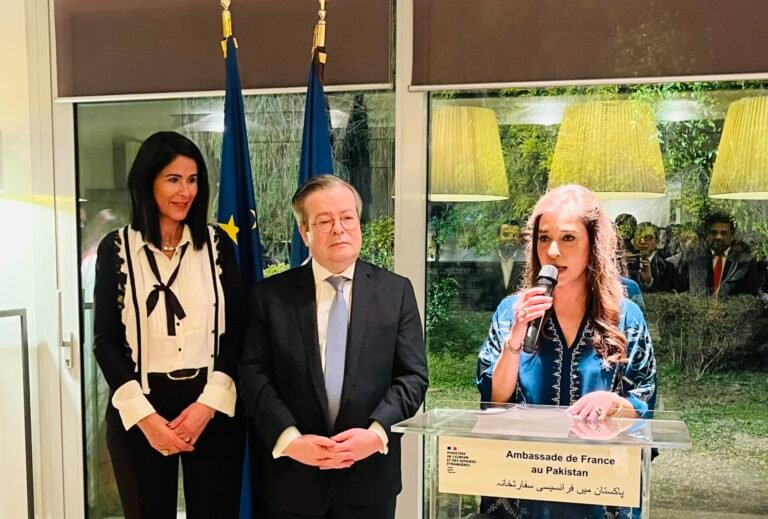In 2023, China held four major diplomatic events to showcase its modernization achievements to the world. These events highlighted key milestones and progress made throughout the year. They aimed to raise awareness of China’s contributions and successes on the global stage and promote understanding of its impact on the international community.
Following are the key highlights of China’s achievements in 2023.
Strengthening Regional Ties
In May, the leaders of the five Central Asian nations participated in the First China-Central Asia Summit in the northwestern Chinese city of Xi’an. This marked their first face-to-face summit since China set up diplomatic ties with these nations 31 years ago.
During the summit, China and the Central Asian nations inked seven bilateral and multilateral documents, along with over 100 cooperation deals in various areas. This significant progress advanced the construction of a closer China-Central Asia community with a common destiny.
Additionally, in July, a total of 6,500 athletes from 113 countries and regions converged in Chengdu, the capital of southwest China’s Sichuan Province. They gathered to participate in the 31st summer edition of the FISU World University Games.
Before the opening ceremony of the Games, Chinese President Xi Jinping held a series of in-person high-level meetings. During these meetings, he emphasized the significance of unity, collaboration, and the building of a community with a shared future for humanity.
Furthermore, China hosted the 19th Asian Games, another multi-sports event, in Hangzhou, east China’s Zhejiang Province, in September and October.
At a welcome dinner for foreign guests who came to the opening ceremony of the Games, Xi stated that the Chinese government and people had the confidence and ability to put on a splendid sports event. This event aimed to display Chinese characteristics and honor the beauty of Asia.
In the 16 days of contests, about 12,500 athletes from 45 countries and regions showed excellent performances, setting 13 world records.
Throughout the 16 days of contests, about 12,500 athletes from 45 countries and regions showcased excellent performances, setting 13 world records.
Moreover, Olympic Council of Asia acting president Raja Randhir Singh commended the efforts of the Chinese Olympic Committee, the people of Hangzhou, and the Hangzhou organizing committee, stating that the Games were “a remarkable achievement.”
Belt and Road Initiative
The third Belt and Road Forum for International Cooperation (BRF), which took place on October 17-18, stood as the most prominent diplomatic event that China organized in 2023 and the pivotal celebration for the 10th anniversary of the Belt and Road Initiative (BRI).
This grand gathering drew representatives from more than 150 countries and over 30 international organizations. Remarkably, it yielded a total of 458 results, with cooperation deals worth $97.2 billion being signed.
The BRI hailed as a high-quality public good jointly constructed by all partners, has left an indelible mark on the global stage. Over the last decade, it has provided nearly $1 trillion of investment, established over 3,000 cooperation schemes, and generated around 420,000 jobs in countries along the routes.
151 countries, 41 international organizations, more than 10,000 delegates, and $97.2 billion worth of contracts signed — as Foreign Minister Wang Yi said at a press conference on Oct. 18, the clearest signal the 3rd BRF sent was unity, opening-up and win-win cooperation; the most… pic.twitter.com/btdDTAGxiF
— Zhang Heqing (@zhang_heqing) October 19, 2023
Most notably, it has played a pivotal role in lifting nearly 40 million people out of poverty, showcasing the enduring impact of this transformative initiative.
Starting a new era of relationship
China aimed to enhance coordination and mutual trust among major countries, exemplifying the responsibility that a major country should assume in dealing with international affairs.
This approach manifested prominently in China-U.S. relations throughout 2023. Despite some tensions between the world’s two largest economies, particularly in the first half of the year, frequent interactions in the second half underscored that win-win cooperation is the prevailing direction of the times.
Of particular significance was the Xi-Biden summit meeting in November. This diplomatic engagement not only bolstered mutual trust and bridged differences but also propelled multilateral cooperation between Beijing and Washington.
President Xi Jinping and U.S. President Joe Biden have started their meeting at Filoli Estate in San Francisco. pic.twitter.com/2m4N8yh2p6
— Hua Chunying 华春莹 (@SpokespersonCHN) November 15, 2023
As President Xi told his U.S. counterpart, Joe Biden, “The world is large enough to accommodate both countries, and one country’s success is an opportunity for the other.” This sentiment encapsulates a shared vision for collaborative progress and signifies a commitment to coexistence on the global stage
Moreover, China-Russia relations, a model of a new type of major-country relationship, survived the challenges of a complicated international situation and kept high-level development in 2023.
Xi made a state visit to Russia in March, where he and Russian President Vladimir Putin had a “candid and productive” conversation and signed joint statements aimed at enhancing the overall China-Russia partnership and deepening cooperation in investment, energy, and other areas.
The two leaders saw each other again in Beijing in October when Putin visited China to join the third BRF, reaffirming their agreement on promoting the China-Russia comprehensive strategic partnership of coordination.
In December, the two countries’ prime ministers co-hosted the 28th regular meeting between Chinese and Russian heads of government in Beijing, pledging to pursue new and better development of bilateral relations under the strategic direction of the two leaders.
Creating New Possibilities for Global South
As the biggest developing country in the world and a part of the Global South, China has strived to support the development of emerging markets and developing countries.
Both the Shanghai Cooperation Organization and BRICS, two international organizations with most members from the Global South, including China, announced their expansion at their summits in July and August, respectively.
The expansions are expected to help more Global South countries gain influence and steer global governance in a fairer and more balanced direction.
To assist Africa, the continent with the most developing countries, achieve modernization and prosperity, China launched a series of plans in 2023, including the Initiative on Supporting Africa’s Industrialization and the Plan for China Supporting Africa’s Agricultural Modernization.
China signed BRI cooperation documents with all 22 Arab countries and the League of Arab States in 2023, and win-win cooperation between China and Latin American countries also produced fruitful results.
It also signed free trade agreements (FTA) with Ecuador and Nicaragua in May and August respectively, and in December the country held the third round of negotiations for an FTA with Honduras.
Official data showed that China’s imports from and exports to Latin America grew by 5.1 percent in the first three quarters of 2023, higher than the overall growth rate of China’s foreign trade.
Solving conflicts through dialogue
One of the core principles of Chinese diplomacy is the resolution of conflicts through dialogue, and this approach was a crucial factor in advancing peace in various regions in 2023.
In March, facilitated by China, Iran and Saudi Arabia agreed to resume diplomatic relations and reopen their embassies.
Congrats! Saudi Arabia and Iran just signed a joint statement on the restoration of diplomatic relations with immediate effect. pic.twitter.com/Rc2Xrkgy91
— Hua Chunying 华春莹 (@SpokespersonCHN) April 6, 2023
China’s efforts were widely praised by the international community as a triumph for peace and dialogue.
In 2023, the Ukraine crisis persisted and a tragic new chapter in the Israel-Palestine conflict emerged, causing severe humanitarian crises. China expressed its position in papers titled “China’s Position on the Political Settlement of the Ukraine Crisis” and “Position Paper of the People’s Republic of China on Resolving the Palestinian-Israeli Conflict.”
Both papers support dialogue for peace, stressing that the interests of relevant parties should be fully taken into account based on respecting sovereignty and territorial integrity and that peace in the region should be achieved as soon as possible through negotiations.
Conclusion
In 2023, China actively engaged with the world through various diplomatic events, highlighting its achievements and contributions to the international community. Key initiatives such as the Belt and Road Forum and engagement with regional organizations cemented China’s role as a major player in global affairs. By fostering partnerships with developing countries, promoting peaceful conflict resolution, and showcasing its own modernization advancements, China aimed to shape a more inclusive and collaborative global order, reflecting its vision of a “community with a shared future for mankind.”



